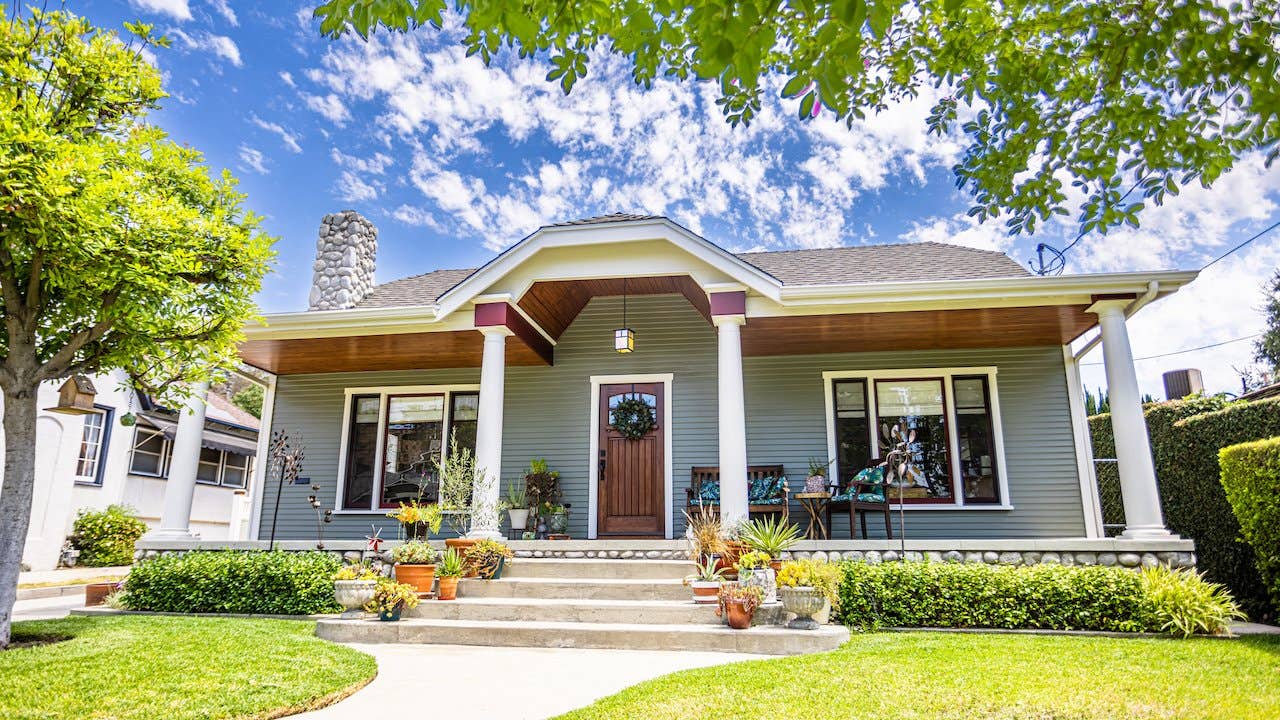With buyers reluctant to commit due to this year’s higher mortgage rates, sellers are beginning to lower their asking prices. And so, Real Estate Market in 2022:Do We Expect Declining Prices are beginning to show signs of cooling.
But overall real estate housing market supply remains low because many people who bought homes in recent years to take advantage of historically low mortgage rates are opting to stay put.
In addition, many vendors are waiting for interest rates to drop before making a move, reasoning that if rates were to drop, they would be able to command the higher selling price. This points to a cooling of the soaring housing market.

Existing home in the United States
An existing home in the United States sold for a median price of $384,800 in September, per data from the National Association of the Realtors. The figure is up 8.4% from the same period last year but down from June’s all-time high of $413,800. (NAR). The number of people applying for mortgages has dropped to its lowest level in 22 years, with data from the Mortgage Bankers Association showing that rising housing costs have discouraged potential homebuyers (MBA). The economy’s current state remains dangerously unstable.
Do We Expect Declining Prices?
In response to rising inflation, the Federal Reserve is widely expected to raise interest rates for the 6th time this year at a meeting on November 1 and 2. In the second quarter of 2023, the United States will enter its first recession in history, as predicted by Fitch Ratings. Contrarily, both the labor market and consumer spending have shown no signs of slowing down.
Housing Market Predictions for September 2022
Many experts in the real estate sector are warning would-be buyers against trying to time the market while the economy is in its current state of flux.
It’s up to the individual buyer to decide whether now what is the right time to buy or whether to wait for better conditions.
Real Estate Market in 2022
Keller Williams Realty agent in Edina, Minnesota Krista Forsberg warns that “waiting may not be a viable option.” There is little chance that prices or interest rates will change significantly between now and the end of the year and the end of 2023, even if the buyer is able to delay their purchase until later in a year or 2023.
Experts in the housing market are keeping a close eye on the economy. Persistently high inflation, rising interest rates, the conflict in Ukraine, and Covid-19 are just a few of the many factors tugging at the economy. The housing market has been the engine that has propelled the U.S. economy forward in recent years, but it is beginning to show its age. Real Estate Market in 2022: Do We Expect Declining Prices?
The National Association of Realtors
The National Association of Realtors (NAR) reported a 1.5% decrease in existing home sales from August to September. This decline follows six previous months of declines.
Demand has remained
Still, Yun noted, the housing supply is low relative to historical norms. As a result of this scarcity, demand has remained relatively constant in comparison to previous recessions, which has helped to maintain stable prices. More than a quarter of homes are selling for more than the asking price, Yun said, despite sluggish sales and multiple offers. “Limited supply is the main cause of this.”
Whenever that may be, the housing market is bound to crash.
According to Sharga, they anticipate a decrease of around 5% across the country. Some markets, despite your disbelief, are likely to see price increases in the future.
There is little risk of a housing market crash, as this author and others have pointed out. Homeowners are in much better shape now than they were after the 2008 financial crisis. This means that a housing market crash is unlikely.

As notes, the dangers of mortgage products have diminished.
“The mortgage market is much stronger, and less risky than it was in the market after 2008”. This is due to all the increased amount of rules and regulations governing the mortgage industry.
When the housing market crashes, home prices typically fall by 20% to 30%, and home sales follow. Another indicator is an increase in the number of properties that have been foreclosed on.
The likelihood of a market crash is lower than a cooling off, in Sharga’s estimation.






Recent Comments